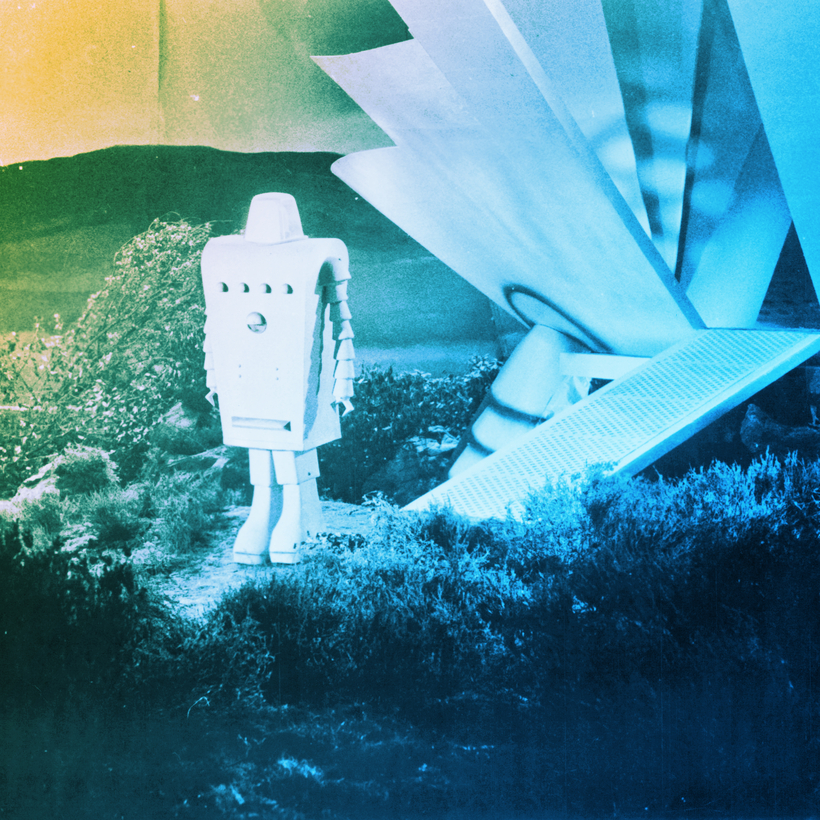When the coronavirus pandemic hit the U.S., in March 2020, millions of people suddenly realized how much of their lives took place in virtual reality. If you already worked, shopped, socialized, and entertained yourself on screens, quarantine and lockdown were almost a formality. By the same token, the virus exposed the profound socio-economic division between people whose work requires manipulating physical objects—nurses, bus drivers, cashiers—and those who deal in symbols, whether visual, verbal, or monetary. The former had no choice but to expose themselves to the coronavirus, while the latter could stay safely at home—a class divide far more profound than white-collar vs. blue-collar had ever been.
These pandemic experiences started me thinking about the subject of my new book, The Revolt Against Humanity: Imagining a Future Without Us. Traditionally, when people referred to “the human condition,” they were thinking about all the limitations that go along with being a flesh-and-blood creature in three-dimensional space: labor and suffering, aging and death. Freedom from these limits was a dream that could only be realized in heaven, if there. But as technology becomes more powerful and takes over more of our lives, we are able to escape those limits to a degree that our ancestors could never have imagined.

